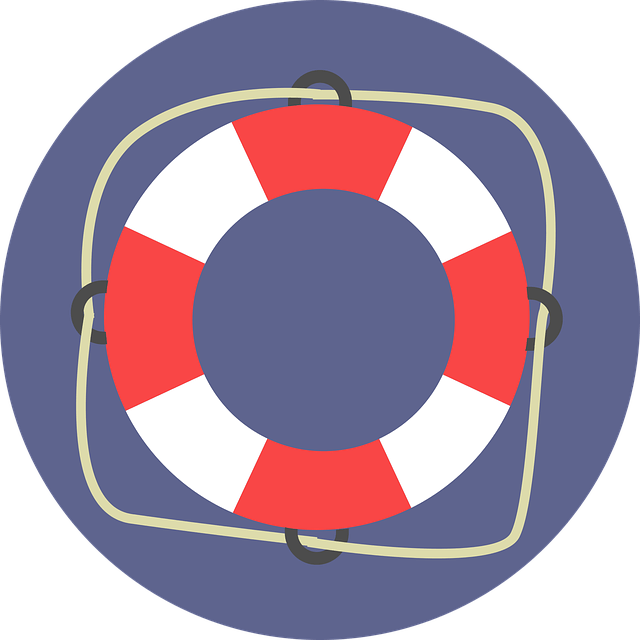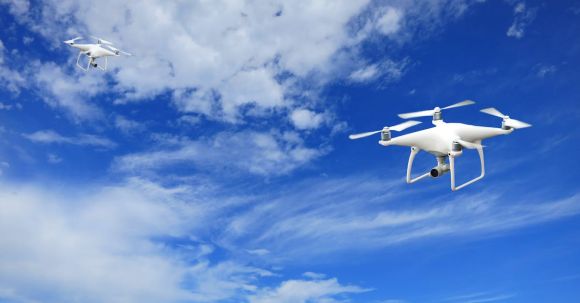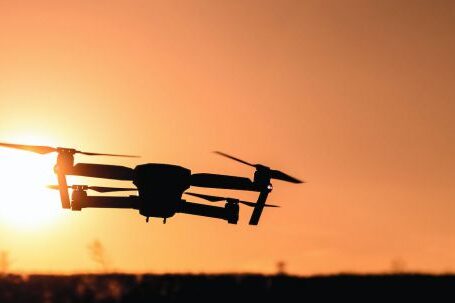Drones have become increasingly popular in recent years, with many enthusiasts taking to the skies to capture stunning aerial footage. However, it’s important to note that flying a drone comes with legal responsibilities. In this article, we will explore the legal requirements for flying a drone, ensuring that you are aware of the rules and regulations before taking flight.
Registration and Licensing
One of the key legal requirements for flying a drone is registration. In many countries, drones above a certain weight must be registered with the appropriate aviation authority. This registration process typically involves providing your personal information and drone details, such as the make, model, and serial number. Failure to register your drone can result in fines or even confiscation.
In addition to registration, some countries require drone pilots to obtain a pilot’s license or certification. This involves passing written tests and demonstrating practical flying skills. Licensing requirements may vary depending on the drone’s weight and the purpose of its use, such as recreational or commercial.
Flight Restrictions
When it comes to flying a drone, there are several flight restrictions that must be followed to ensure safety and privacy. These restrictions may include limitations on where and when you can fly your drone.
In general, drones cannot be flown near airports or other restricted airspace. It’s important to check with local aviation authorities or consult an airspace map to determine the specific no-fly zones in your area. Violating these restrictions can lead to severe penalties, as it poses a significant risk to manned aircraft.
Furthermore, drones should not be flown over people or crowded areas, as this can endanger their safety. Additionally, flying a drone near sensitive locations, such as government buildings or military installations, is strictly prohibited. Respecting these flight restrictions is crucial to avoid legal trouble and ensure the safety of others.
Privacy and Data Protection
Another important aspect of flying a drone is respecting privacy and data protection laws. Drones equipped with cameras can capture images and videos, potentially infringing on people’s privacy rights. It’s essential to be aware of the laws and regulations regarding the use of drones for surveillance or recording purposes.
In many jurisdictions, it is illegal to film or photograph individuals without their consent in areas where they have a reasonable expectation of privacy, such as inside their homes or private property. Additionally, sharing or distributing footage captured by a drone without the consent of the individuals involved may also be a violation of privacy laws.
To ensure compliance with privacy and data protection regulations, it is advisable to familiarize yourself with the specific laws in your jurisdiction. This may involve obtaining consent from individuals before recording them or refraining from flying your drone in areas where privacy expectations are high.
Insurance Coverage
While not a legal requirement in all jurisdictions, having insurance coverage for your drone is highly recommended. Accidents can happen, and drones can cause damage to property or injure people. Having insurance coverage can protect you from potential liability and cover any damages that may occur during flight.
Conclusion: Fly Responsibly and Legally
As drone technology continues to advance, it’s crucial for pilots to understand and comply with the legal requirements for flying a drone. This includes registration and licensing, adhering to flight restrictions, respecting privacy and data protection laws, and considering insurance coverage. By flying responsibly and legally, drone enthusiasts can enjoy their hobby while ensuring the safety and privacy of others.




